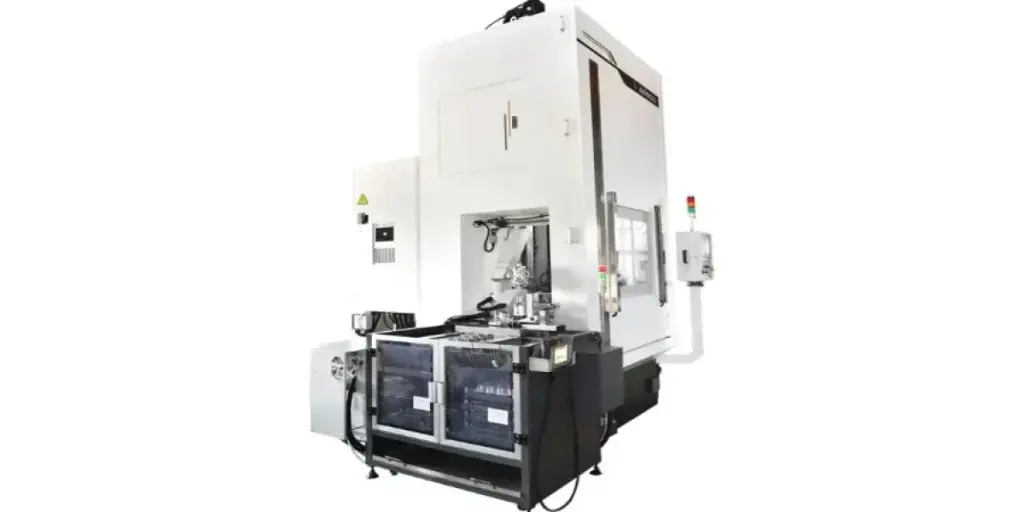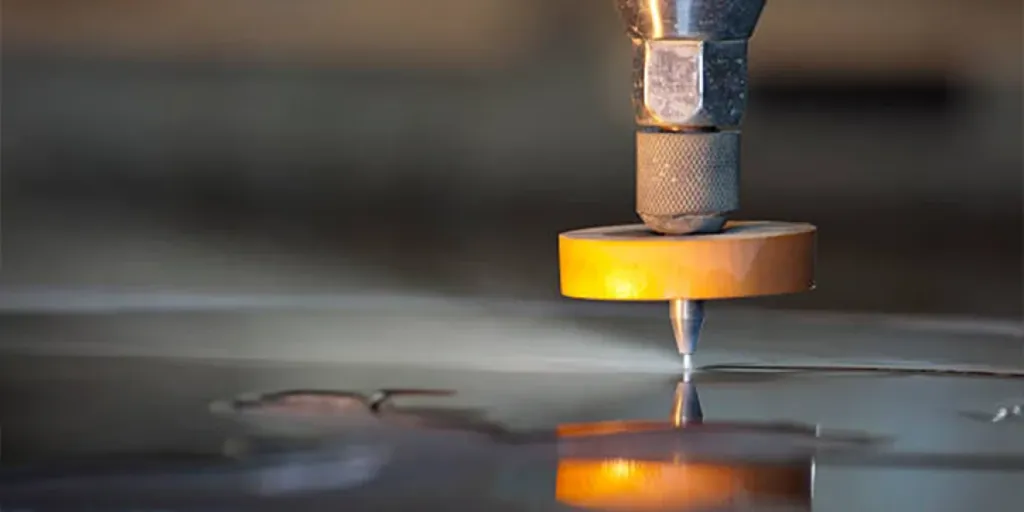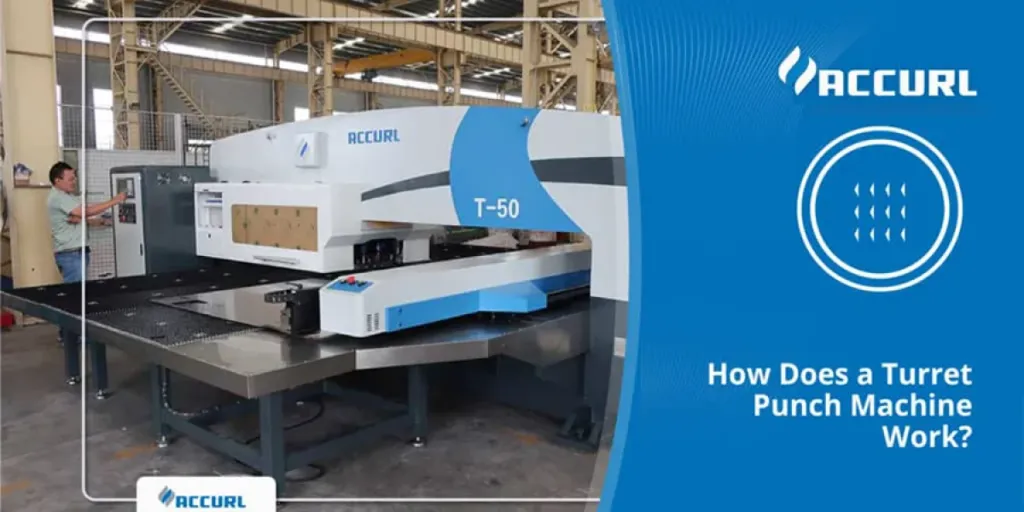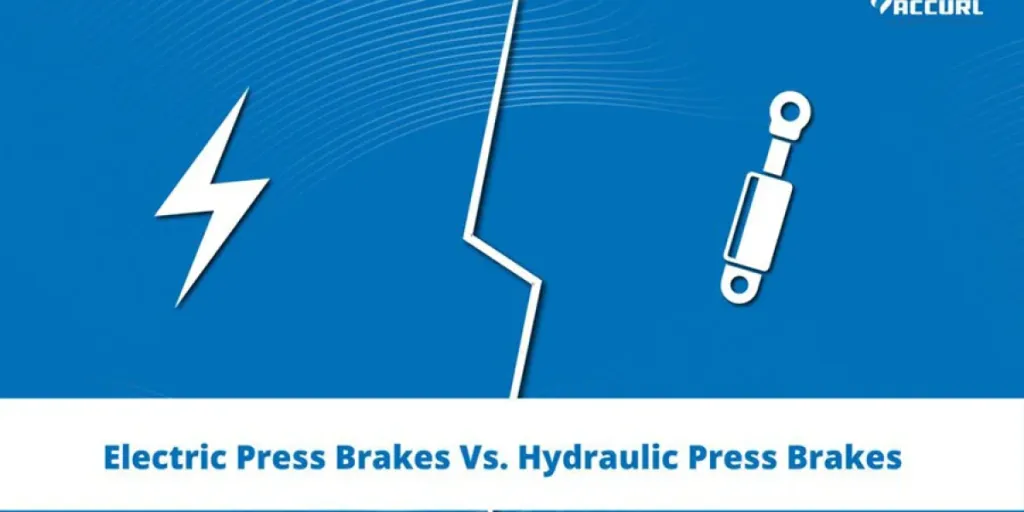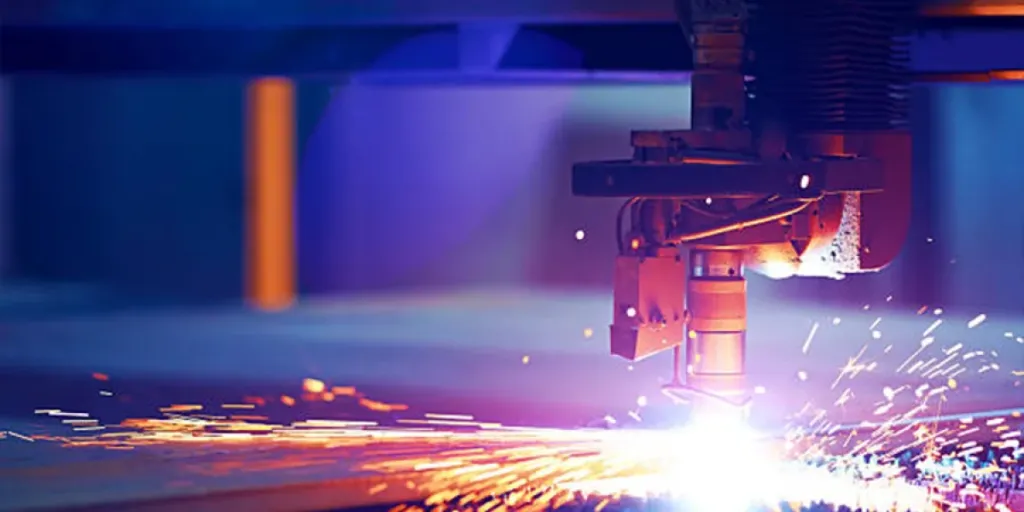Broaching machines are used for cutting metal surfaces and shaping them into desired sizes and shapes. These machines are primarily used in manufacturing to produce gears, machine components, and automotive parts. Purchasing broaching machines can be a great investment as long as you choose the right machine for your needs.
This article will give insight into broaching machines’ market share, before highlighting the different types of broaching machines available and how buyers can choose the ideal machines.
Table of Contents
Broaching machine’s market size
Types of broaching machines
The ultimate guide to buying broaching machines
Conclusion
Broaching machine’s market size
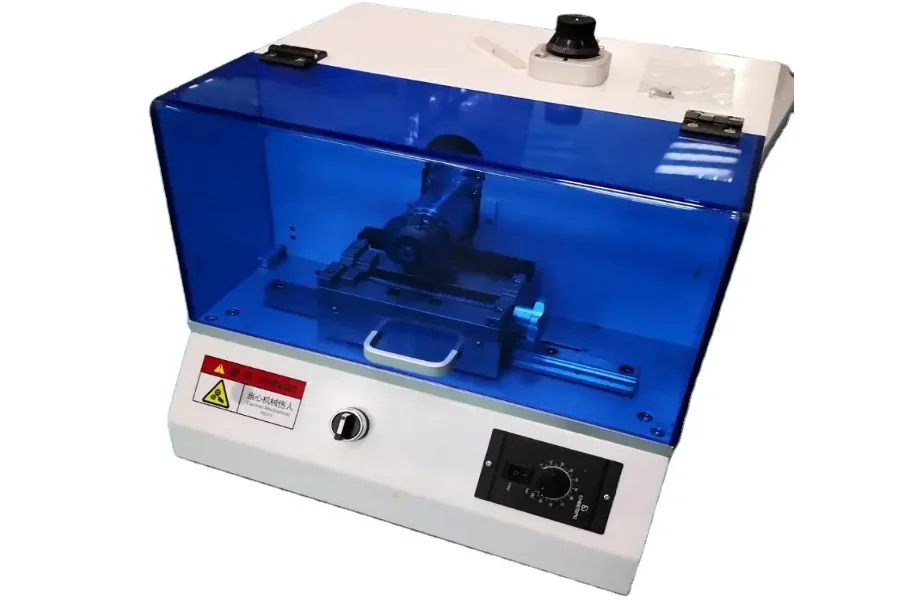
Broaching machines are specialized tools with sharp, hardened, and toothed blades that remove material from the workplace. These machines accurately and consistently eliminate excess materials from surfaces that leave a contoured or flat surface.
According to IMARC Group, the market size for broaching machines in 2022 was USD 238.80 billion, and is expected to reach USD 365.68 billion in 2028. This means that there will be a compound annual growth rate (CAGR) of 7.52% for the forecasted period of 2023-2028.
The increase in demand for broaching machines is caused by the need to produce workpieces with higher precision and superior surface finish. Another reason for the high demand is the manufacture of sub-assembly parts like shafts, gears, and splines. Also, there is high demand for these machines to operate materials that are soft, including wood, plastics, aluminum, and copper alloys.
Regions with high demand for broaching machines include North America, Asia-Pacific, Latin America, Europe, the Middle East, and Africa.
Types of broaching machines
1. Horizontal broaching machine
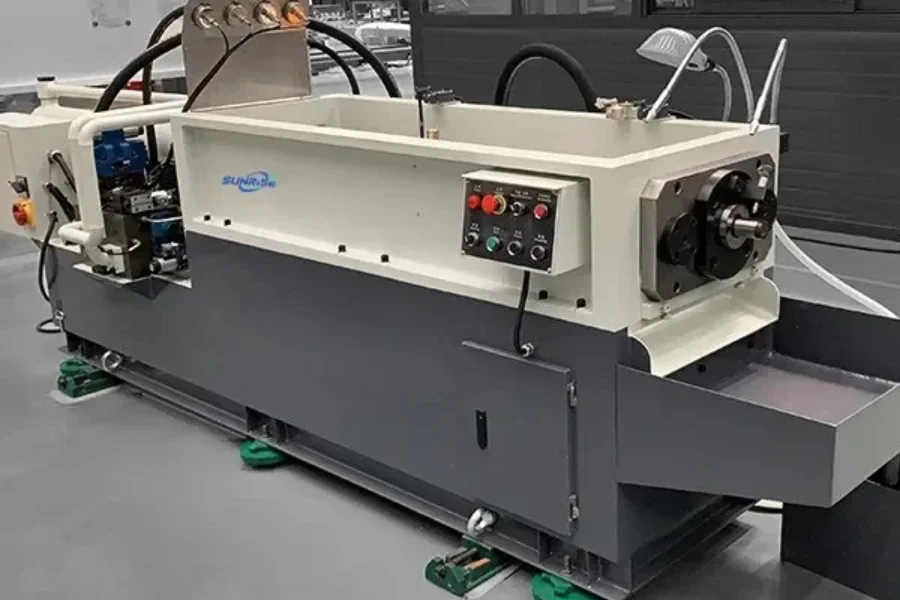
Horizontal broaching machines are used for slots, keyways, and other shapes requiring a horizontal cutting motion. The workpiece is fixed on a horizontal table and is moved past the broaching tool in a linear motion. The horizontal broaching machine is ideal for the mass production of small to medium-sized parts.
2. Vertical broaching machines
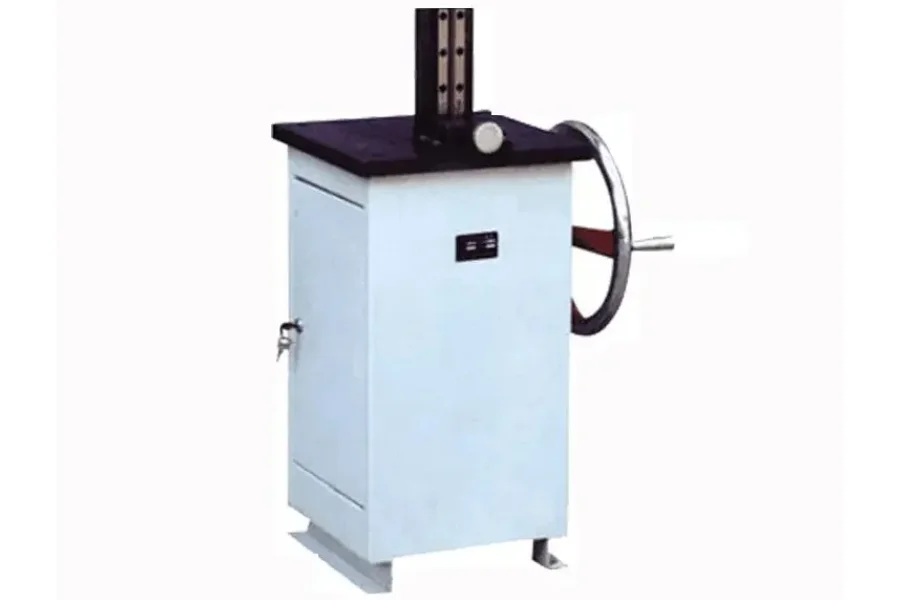
Vertical broaching machines are designed for broaching shapes that require a vertical cutting motion. The workpiece is mounted on a table that moves up and down and is positioned under the broaching tool. These machines are ideal for more significant parts and can be used for low to high-volume production.
3. Surface broaching machines
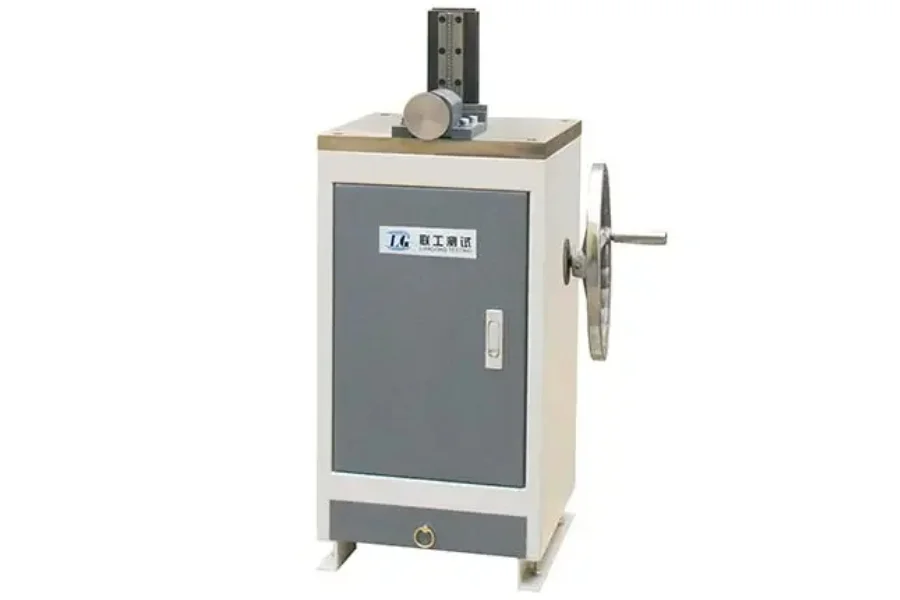
Surface broaching machines are used for machining flat surfaces such as the surfaces of gears or splines. The workpiece is placed on a rotating table while the broaching tool moves horizontally across the surface. This type of machine is highly precise and is used for high-precision machining of large parts.
4. Continuous broaching machine
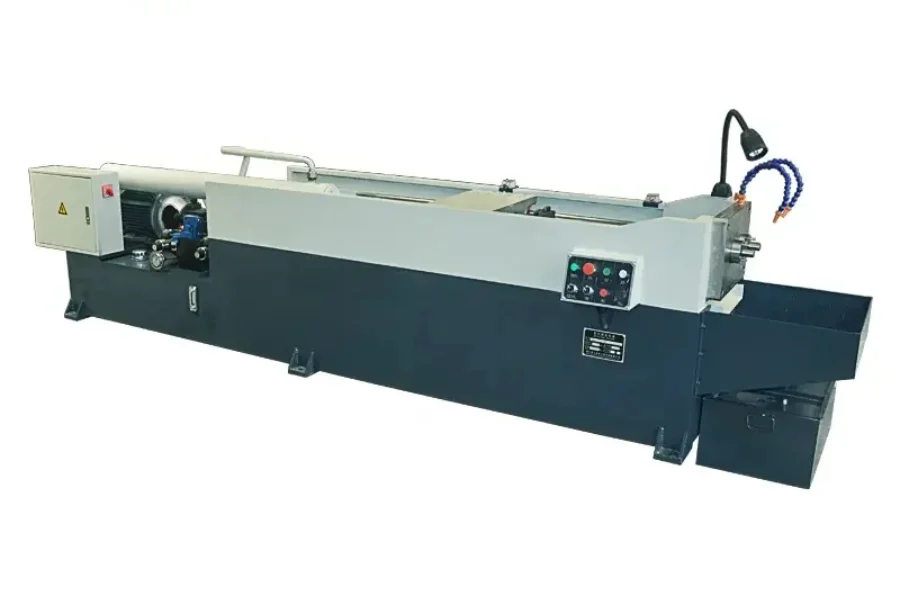
The continuous broaching machine handles the broaching of long parts. This machine is widely used in manufacturing for producing shafts, tubes, and other long parts that require high-precision broaching. It functions by feeding the workpiece through a series of broaching tools that are arranged in a linear fashion.
The ultimate guide to buying broaching machines
1. Cost
Broaching machines are available in various price ranges, and selecting a machine that aligns with your budget is crucial. The cost of broaching machines depends on factors such as the type, size, capacity, and level of automation. A basic broaching machine can cost around USD 20,000 to USD 50,000, while more advanced machines with high precision and automation capabilities can cost well over $100,000. It is essential to evaluate your broaching requirements to determine the suitable machine for your needs.
2. Durability
Broaching machines are indeed a significant investment for any business, and choosing a machine built to last is crucial. On average, a high-quality broaching machine can last anywhere from 10 to 25 years. The durability of a broaching machine is determined by several factors, such as the quality of the materials used, the design of the machine, and the manufacturing process. When looking for a durable broaching machine, it is important to consider its overall construction, including its frame, bed, and cutting components.
3. Material
When selecting a broaching machine, it is important to consider the materials used in its construction. Steel and cast iron are commonly used in broaching devices because of their strength and durability. These materials can withstand the high forces and stress involved in broaching. Some machines may also use aluminum, which is lighter and more affordable than steel or cast iron, but may not be as strong or durable.
4. Size
It is also essential to consider the size of the parts to be produced by a broaching machine. This includes the maximum length, width, and thickness of the parts. Choosing a broaching machine that can accommodate the size of your parts is crucial in ensuring the efficiency and accuracy of your operation. Broaching machines come in various sizes, ranging from compact machines for smaller parts to larger machines for bigger parts.
5. Capacity
The capacity range of broaching machines can vary widely depending on the type and size of the machine. Some smaller machines may have a capacity of only a few tons, while larger machines can handle several hundred tons or more. The average capacity range for broaching machines is between 5 and 100 tons. When selecting a broaching machine, it is essential to consider the required production volume and the maximum weight and size of the parts to ensure that the machine’s capacity meets your needs.
Conclusion
Acquiring a broaching machine is a significant investment that demands thoughtful contemplation of various essential factors. These factors include the machine’s cost, durability, material, size, and capacity. A comprehensive assessment of these factors will help you make an informed decision that suits your specific requirements and budget. To buy affordable broaching machines that meet your needs, check out Chovm.com.
